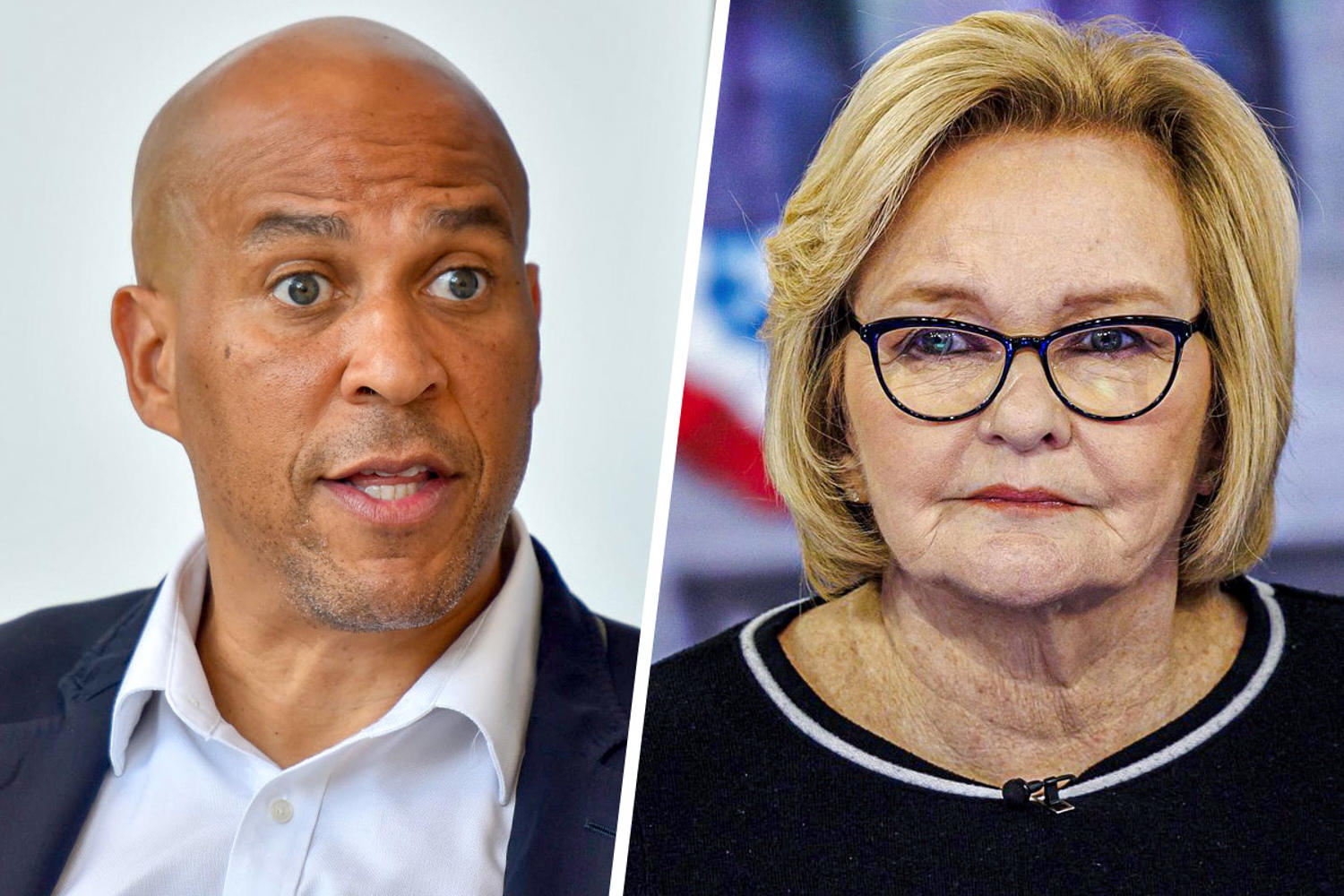The political landscape is often defined by the tension between the fervent demands of a party’s base and the pragmatic realities of legislative action. For the Democratic Party, a significant segment of its supporters craves an unyielding, aggressive confrontation with the Trump administration. This desire for direct opposition frequently sets the stage for dramatic political maneuvers, often leading to public clashes that capture national attention.
Senator Cory Booker of New Jersey recently embodied this tension when he orchestrated a high-profile Senate clash over a seemingly routine legislative package. Accusing his fellow Democratic colleagues of being “complicit” in the Trump administration’s agenda, Booker blocked a unanimous consent motion, seeking to amend the bills. His argument centered on the belief that the proposed legislation would disproportionately benefit law enforcement in states politically aligned with the administration, sparking immediate internal debate.
However, Booker’s theatrical stand quickly drew sharp rebukes from within his own party. Senator Amy Klobuchar of Minnesota, a respected figure, publicly questioned his legislative tactics, pointing out that established procedural avenues exist for senators to propose changes to bills long before they reach the Senate floor for a public vote. Her comments underscored a fundamental disagreement on the most effective way to influence policy.
Adding to the criticism, seasoned political analyst and former Senator Claire McCaskill openly called out Booker, emphasizing the potential harm of internal divisions. McCaskill, known for her pragmatic approach, suggested that such public accusations could undermine party unity, a critical element for Democrats facing a formidable political adversary in the White House. This sentiment highlighted a strategic divergence within the Democratic ranks.
It appears Booker’s actions were not merely a spontaneous outburst but a calculated move designed for maximum visibility. His decision to confront colleagues on the Senate floor, rather than utilizing conventional legislative channels, was widely perceived as an attempt to generate a viral moment. This political strategy aimed to solidify his image as a senator willing to engage in a direct fight, appealing to the segment of the Democratic base yearning for such defiance against the Trump administration.
Yet, the fundamental challenge for Democrats in the US Senate remains the lack of sufficient votes to unilaterally push through their agenda or effectively block the administration’s nominees and legislative priorities. This reality was starkly illustrated just hours after Booker’s dramatic intervention when Senate Republicans successfully confirmed a controversial judicial nominee, despite Democratic opposition. Such legislative tactics, without the necessary numbers, often translate into symbolic gestures rather than substantive policy changes.
Ultimately, directing sharp criticism at Democratic colleagues, particularly those like Senators Klobuchar and Catherine Cortez Masto, who are demonstrably committed to challenging the Trump administration, raises questions about the efficacy of such political strategy. These highly-regarded senators are actively engaged in the legislative process, working to counter the administration within the existing framework, even amidst significant numerical disadvantages.
As the nation looks towards critical midterm elections, the Democratic Party faces the imperative of forging a cohesive and effective strategy. Internal feuds, while sometimes generating headlines, risk fracturing the very unity needed to confront the administration and address the broader concerns of the electorate. A focus on achievable legislative tactics and collective action may prove more fruitful than individual viral moments in the long run.






Leave a Reply